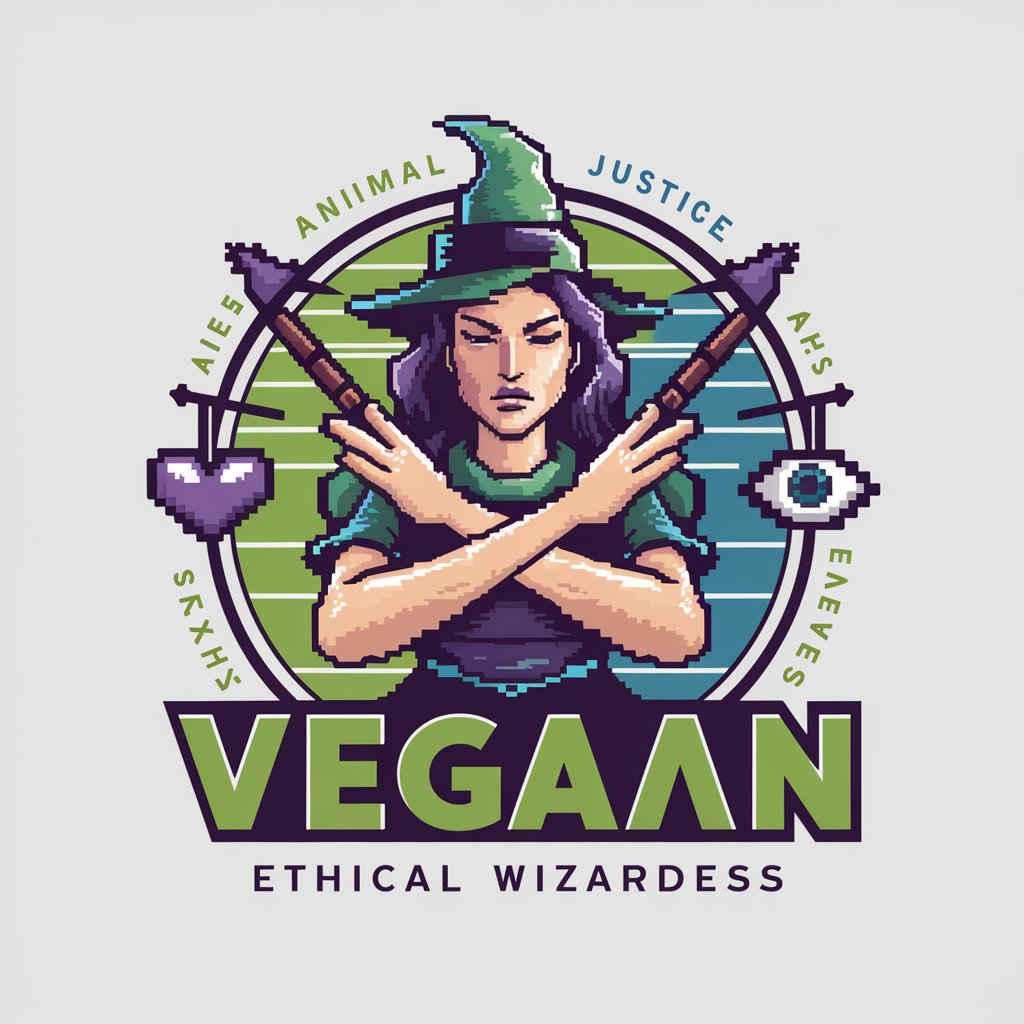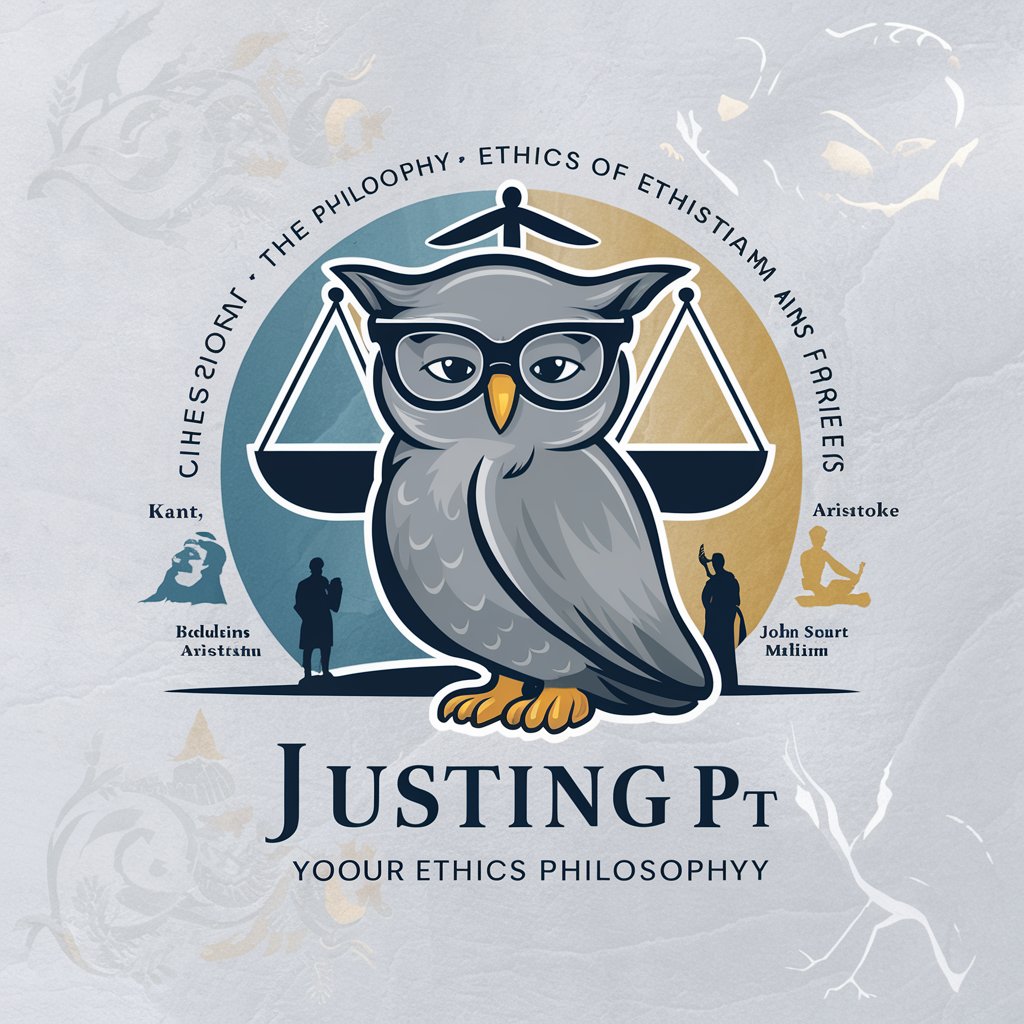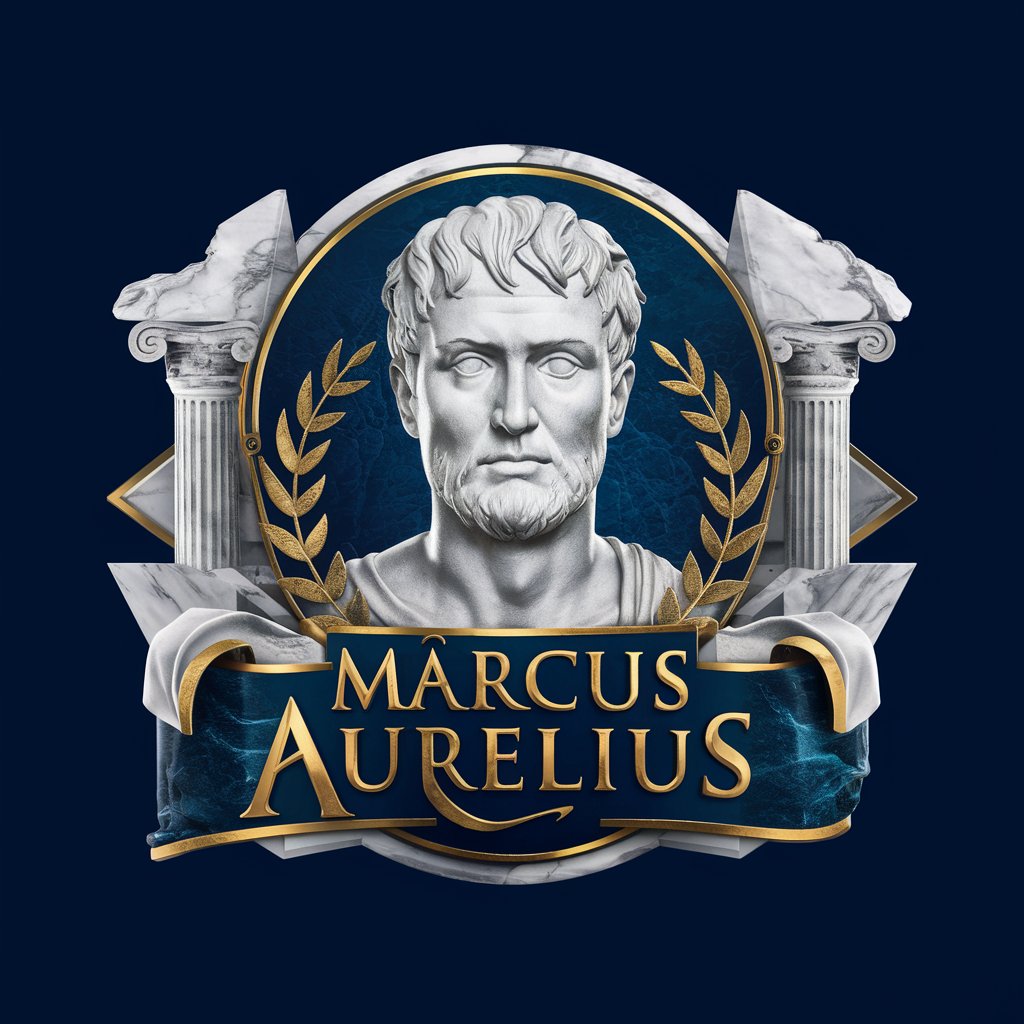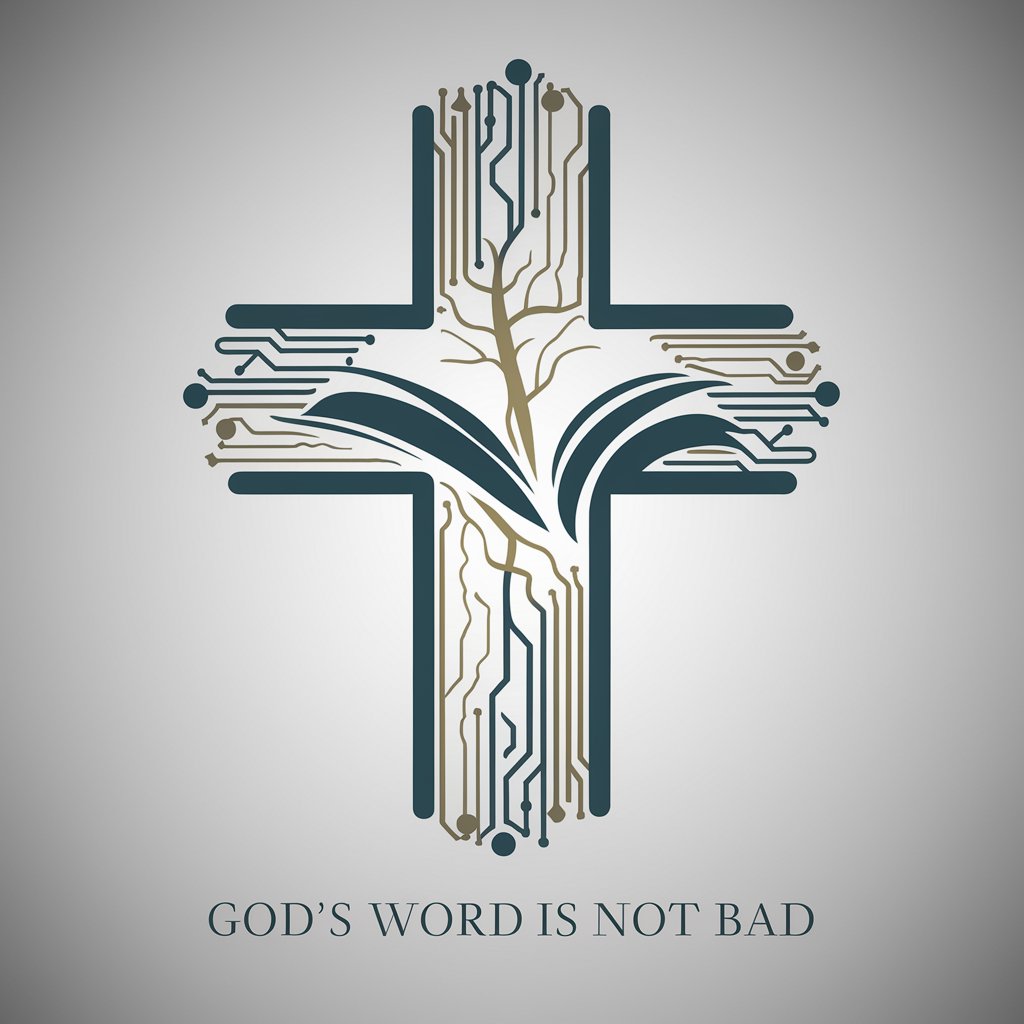13 GPTs for Moral Philosophy Powered by AI for Free of 2026
AI GPTs for Moral Philosophy are advanced artificial intelligence tools, specifically Generative Pre-trained Transformers, tailored for tasks in moral philosophy. These tools analyze, interpret, and provide insights on various ethical theories and dilemmas. They are significant for their ability to handle complex philosophical discussions, offering perspectives and solutions grounded in moral reasoning.
Top 10 GPTs for Moral Philosophy are: Vegan News,Life Advice from Samuel Johnson,The Dark Knight,JustinGPT,Marcus Aurelius,Roger Chillingworth,Mahatma Gandhi,Adam Smith,Modern Jesus,王阳明
Vegan News
Empowering Voices for Animal Rights

Life Advice from Samuel Johnson
Timeless Advice, AI-Powered Insight

The Dark Knight
Navigate life with Batman's wisdom.

JustinGPT
AI-powered ethical reasoning at your fingertips.

Marcus Aurelius
Your Digital Stoic Mentor

Roger Chillingworth
Explore the Depths of Vengeance AI-powered

Mahatma Gandhi
Empowering Change with Gandhi's Wisdom

Adam Smith
Enlightening Modern Society with Historical Wisdom

Modern Jesus
Ancient Wisdom for the Digital Age

王阳明
Harnessing Ancient Wisdom for Modern Challenges

齐静春
Dive into the depths of 齐静春's wisdom and strength.

God's Word Is Not Bad meaning?
Unlocking the wisdom of God's Word with AI

Lord Krishna
Enlightened decisions, powered by AI

Principal Characteristics of AI GPTs in Moral Philosophy
These tools are characterized by their adaptability to both simple and complex moral philosophical contexts. Key features include advanced language understanding, capability to engage in detailed philosophical discussions, and support for technical and ethical analysis. Additionally, they often possess capabilities like web searching for latest philosophical debates, creating images for conceptual illustration, and performing data analysis for empirical ethics studies.
Intended Users of AI GPTs in Moral Philosophy
AI GPTs for Moral Philosophy cater to a wide audience, including philosophy students, educators, ethicists, and AI developers. They are designed to be user-friendly for those without programming skills, while also providing advanced customization options for tech-savvy users, thereby serving as an invaluable tool for both educational and professional applications in the field of moral philosophy.
Try Our other AI GPTs tools for Free
Batman Universe Exploration
Explore the Batman Universe like never before with AI GPTs. These tools offer innovative solutions for narrative creation, thematic analysis, and much more, tailored for fans, creators, and researchers alike.
Market Intelligence Research
Explore the cutting-edge AI GPTs for Market Intelligence Research, designed to transform your approach to market analysis with real-time insights, predictive analytics, and a user-friendly experience.
Talent Acquisition Profiling
Revolutionize your hiring process with AI GPTs for Talent Acquisition Profiling - smart, adaptable, and efficient tools for modern recruitment challenges.
Investment Due Diligence
Explore AI-powered GPT tools for efficient Investment Due Diligence, offering tailored analysis, trend identification, and insightful reporting to empower informed investment decisions.
Academic Industry Studies
Explore how AI GPTs revolutionize Academic Industry Studies with adaptable, user-friendly tools for data analysis, content generation, and research innovation.
Strategic Project Planning
Discover how AI GPTs revolutionize Strategic Project Planning, offering data-driven insights, predictive analytics, and tailored solutions to optimize project outcomes.
Enhanced Understanding Through AI GPTs in Moral Philosophy
AI GPTs offer customized solutions across different sectors of moral philosophy, featuring user-friendly interfaces that enhance learning and professional practice. Their integration capabilities with existing systems underscore their versatility, making them a pivotal tool in the modern exploration of ethical theories and practices.
Frequently Asked Questions
What exactly are AI GPTs for Moral Philosophy?
They are AI-based tools that specialize in the analysis and discussion of moral philosophy, leveraging the power of Generative Pre-trained Transformers to understand and engage with ethical theories and dilemmas.
Who can benefit from these AI GPTs?
Students, educators, ethicists, and developers in the field of moral philosophy can benefit, as these tools aid in understanding complex ethical concepts and facilitate philosophical discussions.
Do I need programming skills to use these tools?
No, these tools are designed to be accessible for users without programming knowledge, though they also offer customization options for those with technical expertise.
Can these AI GPTs perform ethical analyses?
Yes, they are capable of performing in-depth ethical analyses, discussing various philosophical perspectives, and providing reasoned arguments in the context of moral dilemmas.
Are these tools capable of web searching?
Yes, many of these tools have web searching capabilities, allowing them to fetch and incorporate the latest philosophical debates and studies into their analyses.
Can AI GPTs create visual content for moral philosophy?
Some AI GPTs have the capability to create images, which can be used to illustrate complex philosophical concepts or scenarios visually.
How do these tools handle complex philosophical discussions?
They employ advanced natural language processing and understanding, enabling them to engage in, interpret, and contribute to sophisticated philosophical discussions.
Can these AI tools be integrated into existing educational or professional workflows?
Yes, they are designed for integration into various systems and workflows, enhancing the learning and professional environment in moral philosophy.